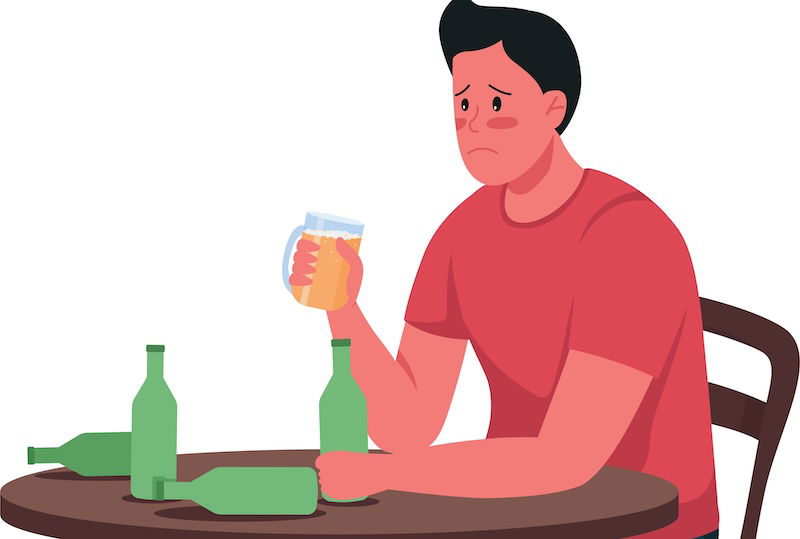Managing diabetes involves careful monitoring of diet and lifestyle, and alcohol consumption can complicate this balance. It’s important for individuals with diabetes to understand how alcohol can affect their condition.
This article breaks down the impact of alcohol on diabetes management, supported by research, in simple terms.
Firstly, alcohol influences blood sugar levels, but not always in the way you might expect. For individuals with diabetes, especially those on insulin or medications that stimulate insulin production, alcohol can increase the risk of hypoglycemia, or low blood sugar.
This effect can occur because alcohol interferes with the liver’s ability to release glucose into the bloodstream.
Normally, if your blood sugar dips too low, your liver would break down stored glucose to stabilize levels. Alcohol delays this process, sometimes causing dangerous lows several hours after drinking.
Conversely, some alcoholic drinks, particularly those high in sugar like certain beers and cocktails, can cause blood sugar levels to rise immediately after consumption.
This can be a problem for managing diabetes, as it adds another variable to the already complex task of blood sugar regulation.
Moreover, alcohol can impact weight, which is a key aspect of diabetes management. Alcoholic drinks are typically high in calories and can lead to weight gain, making diabetes harder to manage.
Weight gain can increase insulin resistance, which is particularly problematic in type 2 diabetes. Keeping alcohol consumption moderate or low is generally advised to avoid these extra calories.
Alcohol also affects diabetes medications and their efficacy. It can interact with several drugs used in diabetes management, amplifying their effects and increasing the risk of side effects such as hypoglycemia.
For instance, some medications used to lower blood sugar, when combined with alcohol, can lead to liver damage over time. It’s crucial for those with diabetes to discuss their alcohol use with their healthcare provider to ensure safe interaction with their medications.
Furthermore, chronic alcohol consumption can have long-term effects on diabetes management. Regular heavy drinking can lead to a decrease in insulin sensitivity, which makes it harder to control your blood sugar levels.
It can also contribute to complications associated with diabetes, such as nerve damage and cardiovascular disease, due to its effects on blood pressure and triglyceride levels.
For those who choose to drink, there are several guidelines to follow to minimize risks:
- Always check blood sugar before drinking, as alcohol can mask the symptoms of hypoglycemia.
- Never drink on an empty stomach. Food helps regulate blood sugar levels and slows the absorption of alcohol.
- Monitor blood sugar levels before bed to prevent nighttime hypoglycemia.
- Stick to moderate consumption (one drink per day for women and two for men, as defined by U.S. health authorities).
Education and awareness are vital. Individuals with diabetes should be educated on the potential impacts of alcohol on their condition and how to manage these risks.
They should also be encouraged to communicate openly with their healthcare providers about their alcohol intake to effectively integrate this aspect into their overall diabetes management plan.
In summary, while moderate alcohol consumption can be part of a social lifestyle, it comes with significant considerations for people with diabetes.
Understanding these impacts and how to manage them can help prevent complications and ensure effective long-term control of diabetes.
- Karlston and Adenman
-

 2
2



Recommended Comments
There are no comments to display.
Join the conversation
You can post now and register later. If you have an account, sign in now to post with your account.
Note: Your post will require moderator approval before it will be visible.